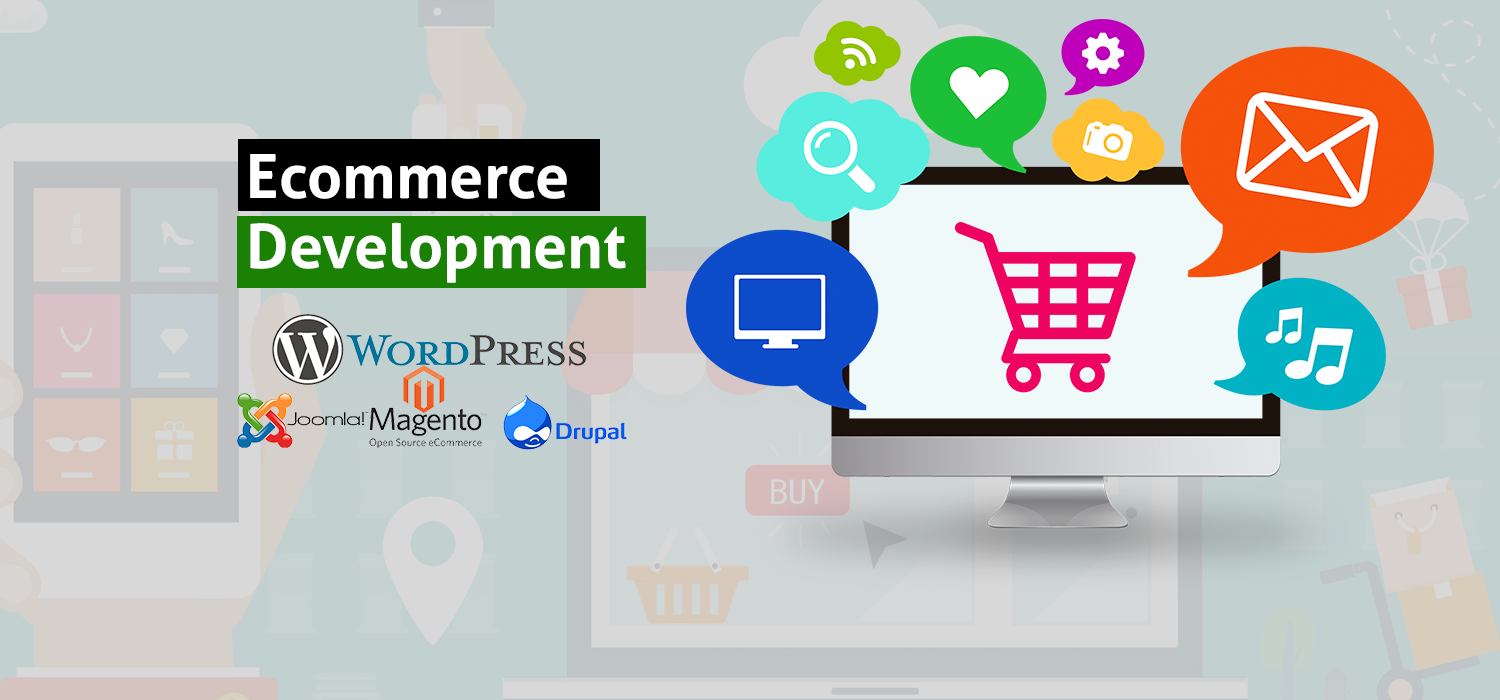In today’s digital marketplace, selecting the right eCommerce website development company is crucial for any business aiming to succeed online. With numerous development agencies offering similar services, identifying the one that best fits your business needs requires thorough research and clear objectives. Below, we explore the key factors to consider to make an informed decision.
1. Define Your eCommerce Goals and Requirements
Before selecting a company, clearly outline your business goals and the functionalities you require from your eCommerce platform. These could include:
- Payment gateway integrations
- Shopping cart functionalities
- Customer management features
- Mobile responsiveness
- Scalability for future growth
Knowing your precise needs will help you narrow down potential development partners.
2. Evaluate the Company’s Expertise and Experience
It’s essential to choose a company with substantial experience in eCommerce development. Evaluate their:
- Portfolio: Review previous projects to gauge their experience building successful eCommerce platforms.
- Technologies: Look for expertise in platforms like Magento, Shopify, WooCommerce, or custom solutions using PHP, Python, or Ruby on Rails.
- Industry-Specific Knowledge: Ensure they have experience in your industry, as eCommerce strategies vary depending on the sector (e.g., fashion, electronics, food delivery).
Mermaid diagram illustrating an overview of the eCommerce Development Process:
3. Assess Technical Proficiency and Tools
An eCommerce website is a complex system that must be technically sound to ensure functionality and scalability. Verify the company’s proficiency in:
- Backend Development: Look for experience in databases, APIs, and server architecture to ensure the website seamlessly handles transactions and customer data.
- Frontend Development: Ensure they create a user-friendly, responsive design that works across devices.
- SEO Integration: Ensure they understand SEO well to help drive organic traffic to your site.
4. Check Client Testimonials and Case Studies
To ensure the quality of service, thoroughly check client testimonials and detailed case studies. These give insight into the company’s ability to deliver on time, problem-solving approach, and client satisfaction. Look for:
- Success Stories: How did their eCommerce platforms impact their clients’ revenue and growth?
- Long-Term Partnerships: Are clients returning for maintenance and upgrades? This speaks to the company’s trust and reliability.
5. Focus on Scalability and Future-Proofing
Your eCommerce website should be capable of growing with your business. Choose a company that prioritizes:
- Modular Architecture: A platform that allows for adding features and functionalities without a complete rebuild.
- Cloud Solutions: This ensures easy scalability regarding storage, traffic handling, and future enhancements.
- Third-Party Integrations: Seamless integrations with CRM systems, accounting software, or inventory management tools are crucial for growth.
6. Consider Security and Compliance
Security is paramount in eCommerce development. The company you choose should prioritize:
- SSL Encryption: Ensuring data is encrypted during transactions.
- PCI Compliance: Necessary for handling credit card information securely.
- Data Protection: Mechanisms for securing personal customer information, including GDPR compliance if your business operates within Europe.
7. Inquire About Post-Launch Support
Launching a website is not the end of the development journey. Ensure the company provides:
- Ongoing Maintenance: Regular updates, bug fixes, and new features.
- Customer Support: Ensure they offer 24/7 technical support for any urgent issues that may arise.
- Training: Provide documentation or training for your internal team on mana site management.
8. Compare Pricing Models and Contracts
The cost of eCommerce development can vary significantly. Consider these aspects:
- Transparent Pricing: Ensure there are no hidden fees or unexpected costs.
- Fixed vs. Hourly Rates: Depending on the project’s scope, you may prefer a fixed price for predictable budgeting or an hourly rate for flexibility.
- Contract Terms: Review the contract carefully, considering timelines, deliverables, and post-launch support agreements.
9. Evaluate Communication and Collaboration
Effective communication is vital to the success of your project. Choose a company that is:
- Responsive: Regular updates on progress are essential.
- Collaborative: A good development partner should involve you in decisions and ensure your feedback is implemented.
10. Request a Comprehensive Proposal
Finally, ask for a detailed proposal that includes:
- Scope of Work: A clear outline of all the features and functionalities included in the project.
- Timeline: Milestones and estimated completion time.
- Cost Breakdown: Detailed costs for development, design, testing, and post-launch support.
- By carefully considering these factors, you can select an eCommerce website development company to build a platform tailored to your business, setting the stage for future growth and success.
- A comprehensive SEO audit is often the first step in identifying issues that may hold your site from ranking. An SEO agency will evaluate your site’s performance, provide a detailed report, and offer recommendations for improvement. Regular reporting and analytics allow you to monitor progress and make informed decisions.Once you’ve hired an SEO agency, it’s important to know how to measure success. While SEO is a long-term strategy, tracking key metrics helps you evaluate the effectiveness of the agency’s efforts.




